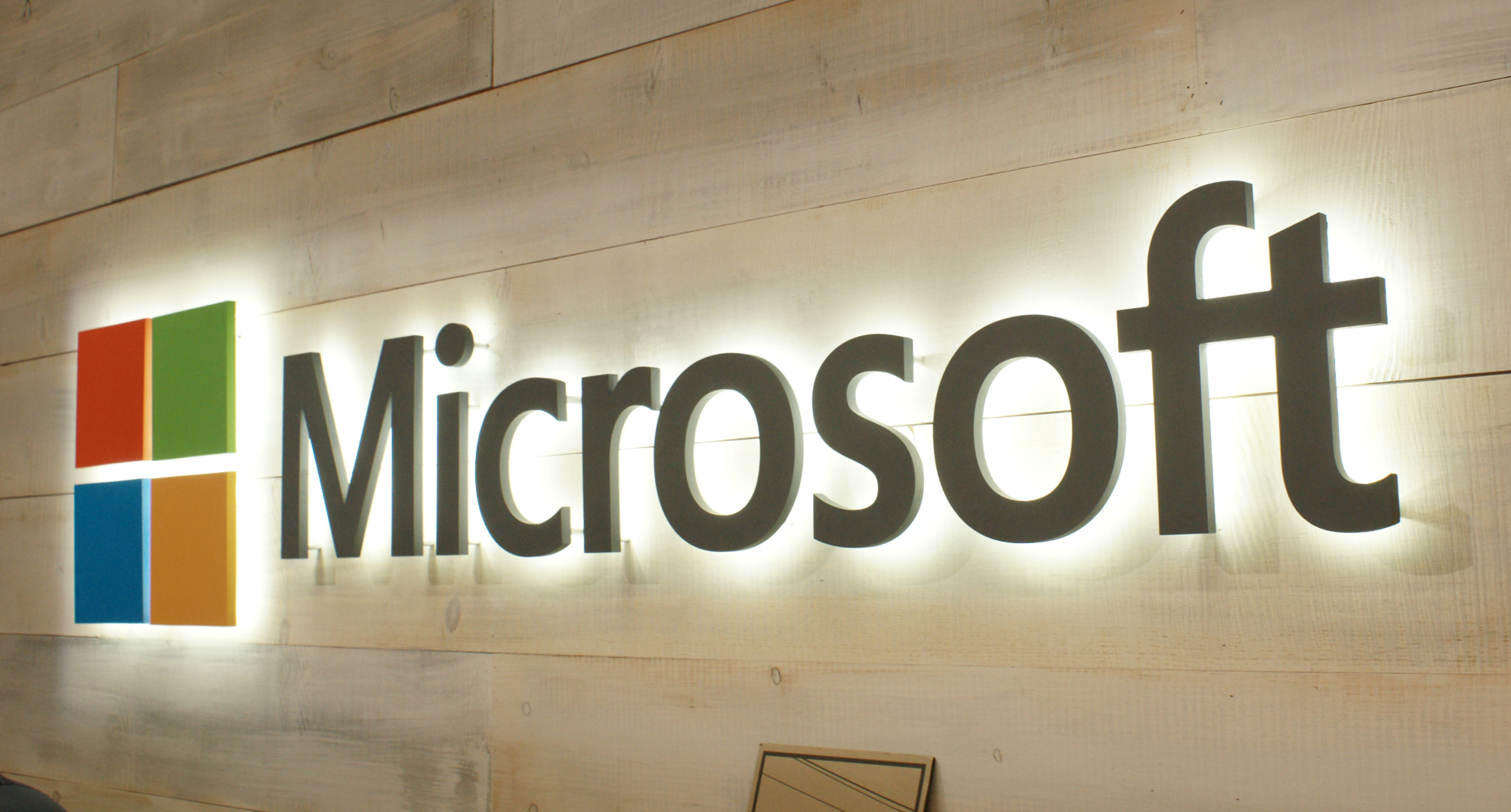Digital skills are becoming essential for the jobs of today and tomorrow. From digital literacy to computer science education, these skills can open the door to greater economic opportunity in the workplace of the future. Unfortunately, these skills are beyond the reach of too many young people in Kenya.
Microsoft believes in a future where every young person has the skills, knowledge and opportunity to succeed and has made a commitment to impact digital skills to 10 million youth in the Middle East and Africa in the next three years.
Its long-lasting initiative, YouthSpark, helps bring this to life by working to empower all youth to imagine and realise their full potential by connecting them with greater opportunities for education, employment and entrepreneurship. The initiative achieves this through unique programmes and partnerships with governments, business and nonprofit organizations such as Code.org.
For example, Microsoft partners with Code.org each year during Computer Science Education Week for Hour of Code. This is a global movement attracting more than 100 million students in 180 countries and is an effort to spark an interest in coding. Hour of Code encourages students of all ages to try their hand at coding for an hour. For the past three years, Microsoft has released Minecraft tutorials, which students can make use of to learn the basics of coding.
Partnering with the nonprofit sector
Across the Middle East and Africa, the nonprofit sector is playing an integral role in upskilling the region’s youth with the resources they need to be empowered in the digital economy. Through its YouthSpark cash grants, technology and resources, Microsoft helps these organizations to provide digital skills and computer science education for all.
In keeping with this, Microsoft is partnering with 15 nonprofits in eight countries in the Middle East and Africa this year to put in place the resources and training needed to upskill 1.4 million youth in computer science.
YouthSpark cash grants are awarded to nonprofits with a mission that aligns to Microsoft’s focus on computer science education. The aim is to help increase the number of teachers and youth-serving organizations that have the capacity to bring digital skills to youth. More than 13,000 educators will receive training to teach digital skills to youth, with the intention that at least 80 percent of the beneficiaries will represent underserved communities and 50 percent will be female.
The proof of this approach lies in the nonprofits that have received YouthSpark grants previously and as a result have been able to introduce new or develop existing computer science education programmes, training and activities for the youth they serve. With continuing investments, they have also been able to expand these offerings to reach a greater number of youth and generate excitement around computer science.
Developing digital skills in women and youth
In Kenya, several nonprofits focusing on women and youth are benefitting from YouthSpark cash grants.
The Forum for African Women (FAWE) provides young women with digital skills, computer science education, and life skills through in-person and online trainings. Job placement and internship resources are available to program participants. In addition, FAWE provides trainings to teachers, trainers and staff and engages with Ministries of Education on policy creation.
The African Centre for Women, Information & Communications Technology (ACWICT) creates opportunities for youth from disadvantaged areas in Kenya to pursue careers in the technology industry. 9,000 youth are introduced to digital skills training through a six month in-person and online training course. Following the training, youth are connected to internship, employment and continued education resources. In addition, 80 trainers from ACWICT, government community centers and youth-serving partner organisations receive intensive training and certification in order to effectively train, mentor and support the youth participants.
The New Generation Trust will deliver a train the trainer program in partnership with the African Development Bank that provides experienced technical and soft skills facilitators with the right content, resources, and tools to effectively teach digital skills and computer science. This program reaches 340 trainers and 6,800 youth.
Empowering youth to achieve more
In a world where digital skills are fundamental to success in so many environments, leaving people in the dark about this major part of their world amounts to an unacceptable gap in their education.
Microsoft believes technology should be an equalising force in the world—inclusive, not divisive. So the company is investing its greatest assets—its technology, grants, people, and voice—to advance a more equitable world where the benefits of technology are accessible to everyone.



